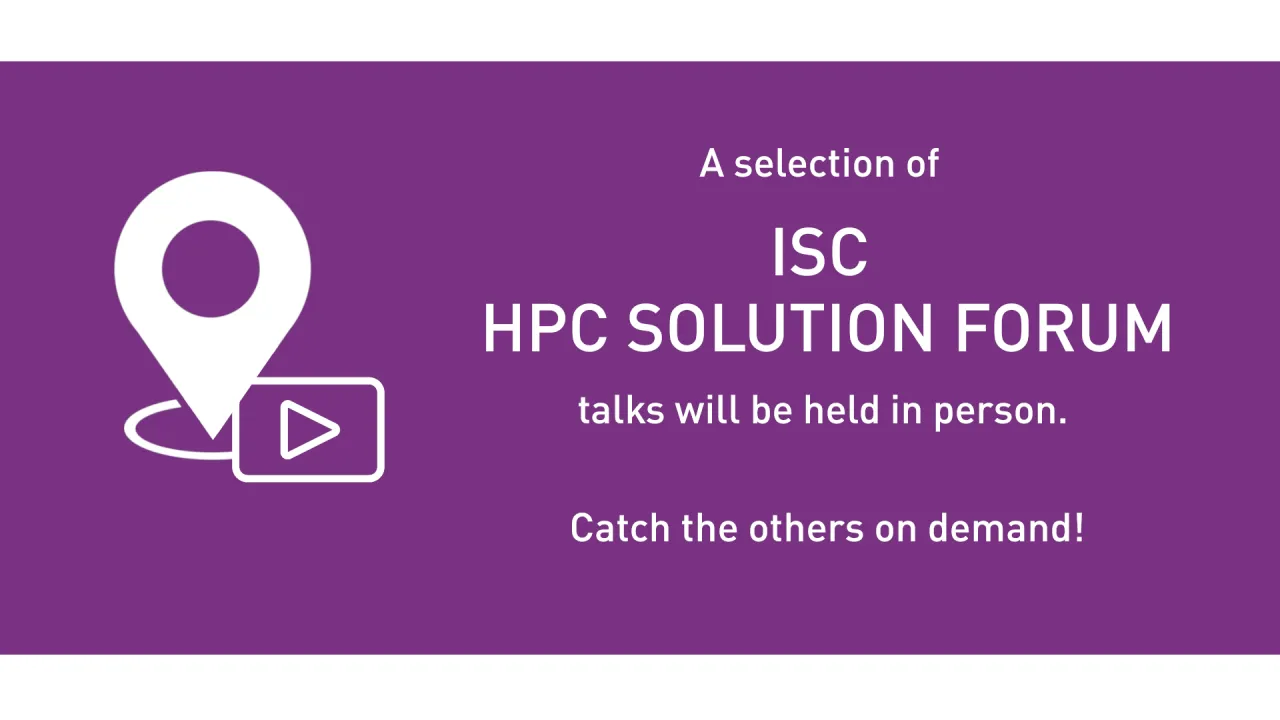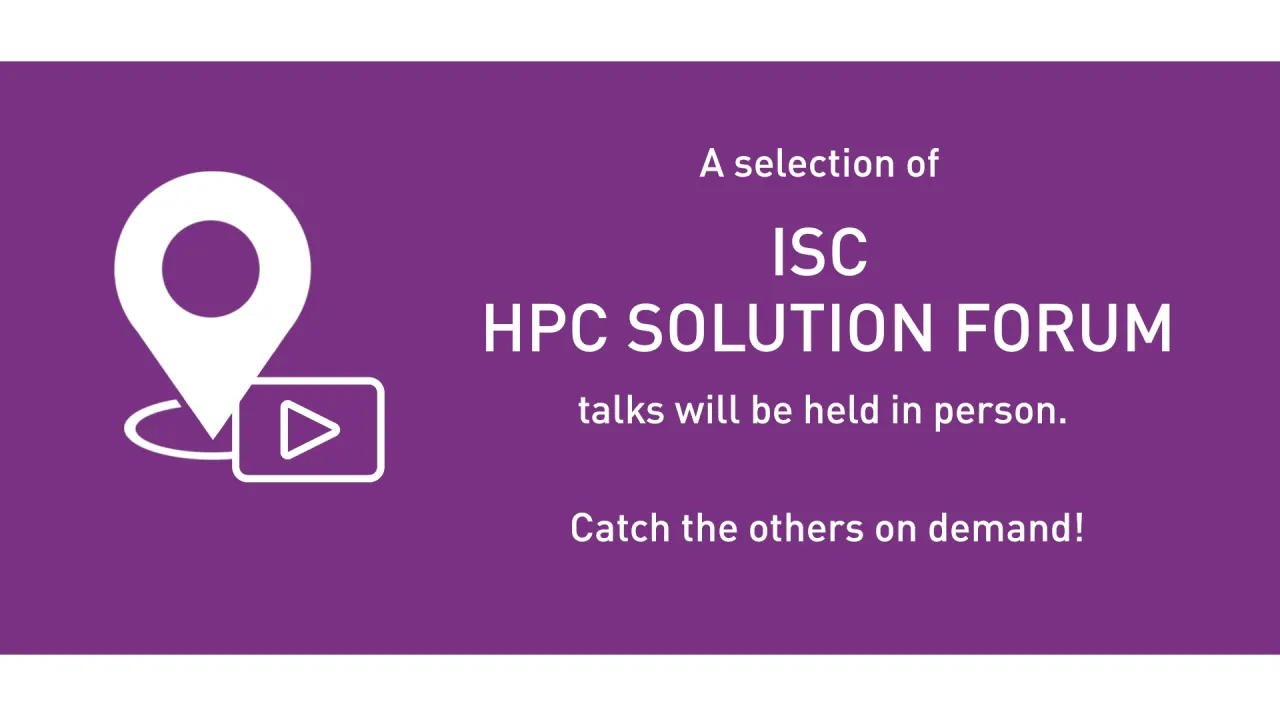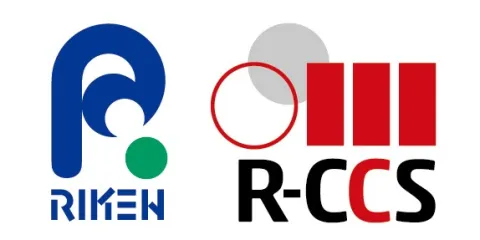

Can HPC Align Itself to the Evolving Adaptions of Hardware to Machine Learning?
Monday, May 30, 2022 4:40 PM to 5:00 PM · 20 min. (Europe/Berlin)
Virtual
Mixed Precision Algorithms
Information
This presentation addresses the following topic(s):
- Machine learning and HPC: Each worthy of its own investment, or better together? (Alternately: Marriage for the ages, or heading for divorce?)
Format
Live-Online



